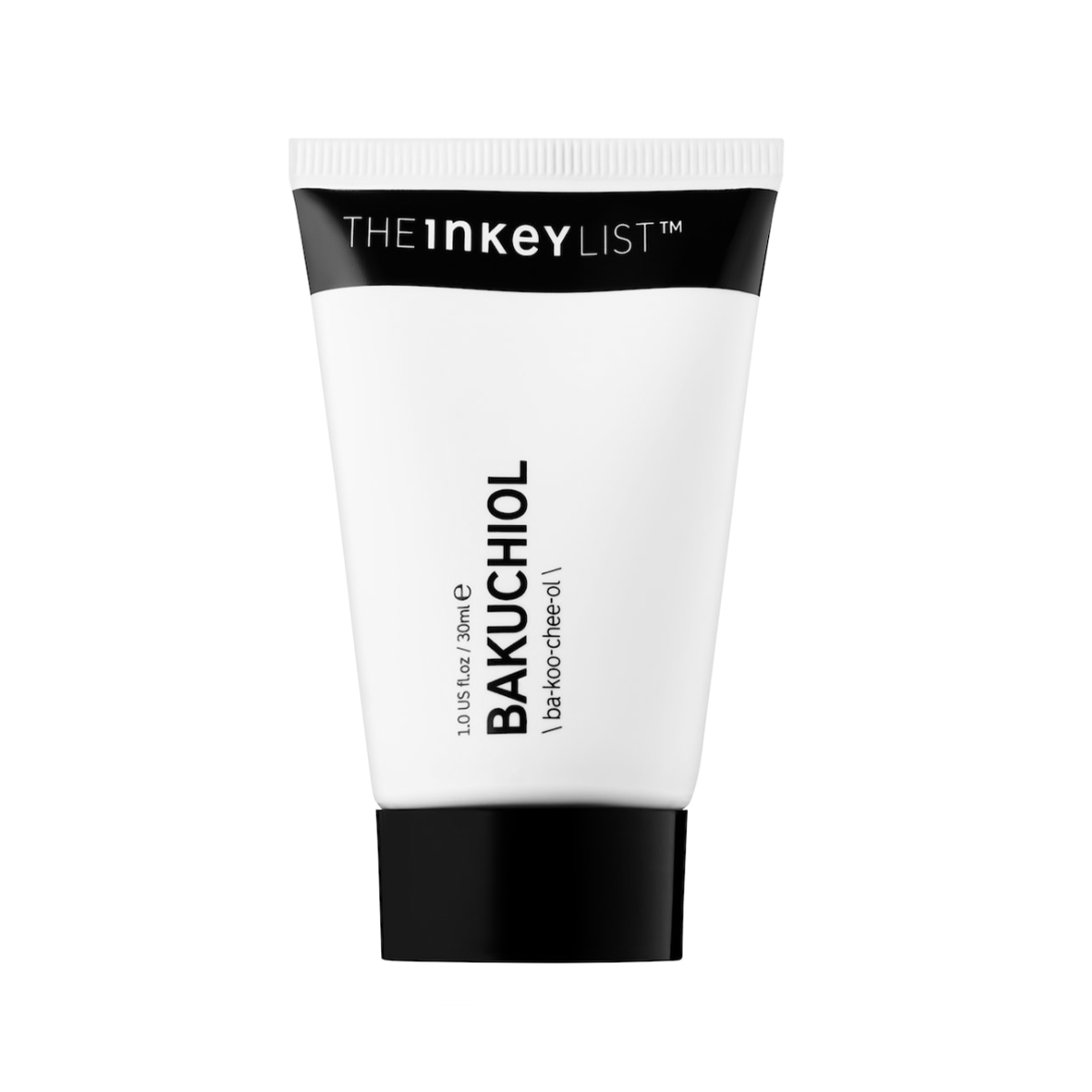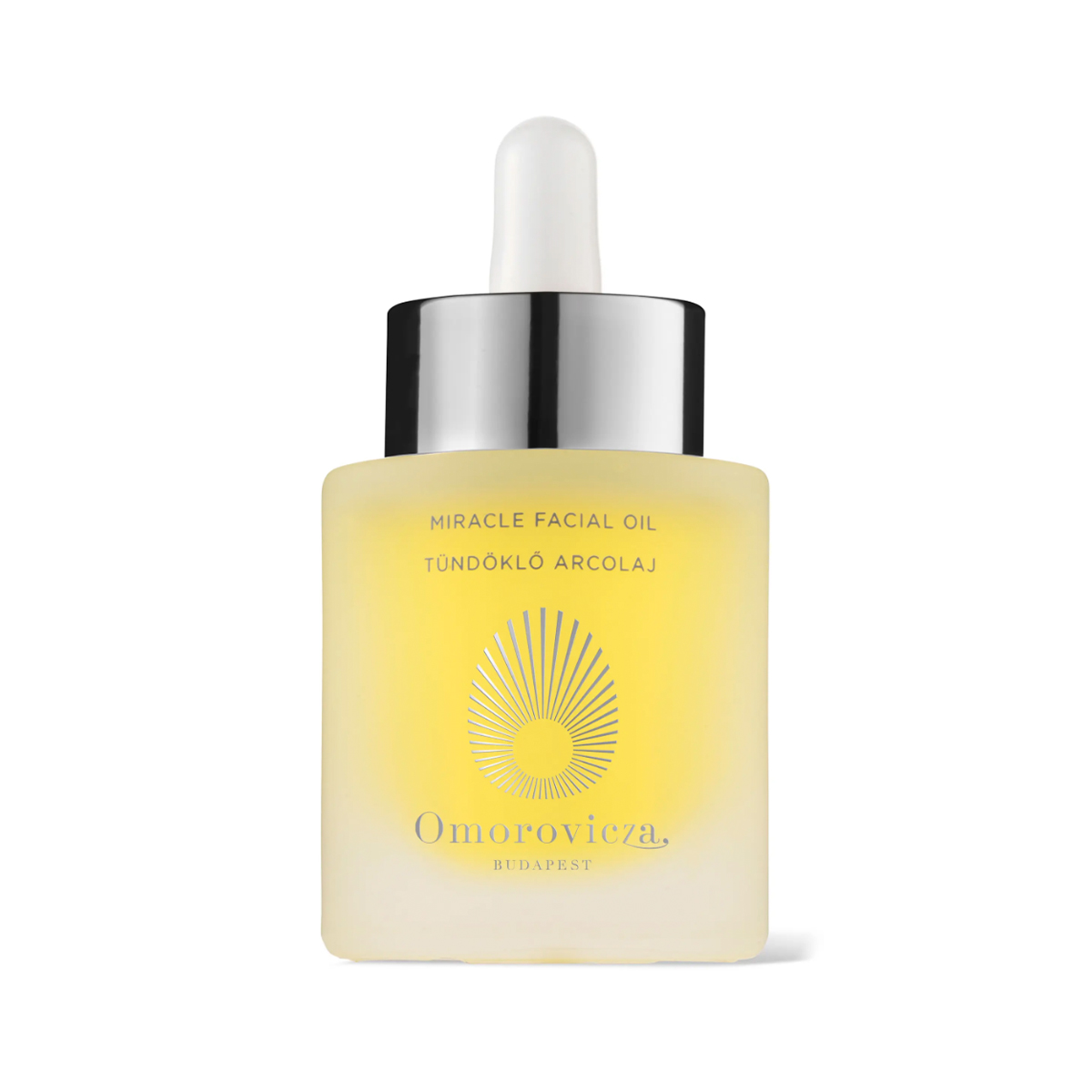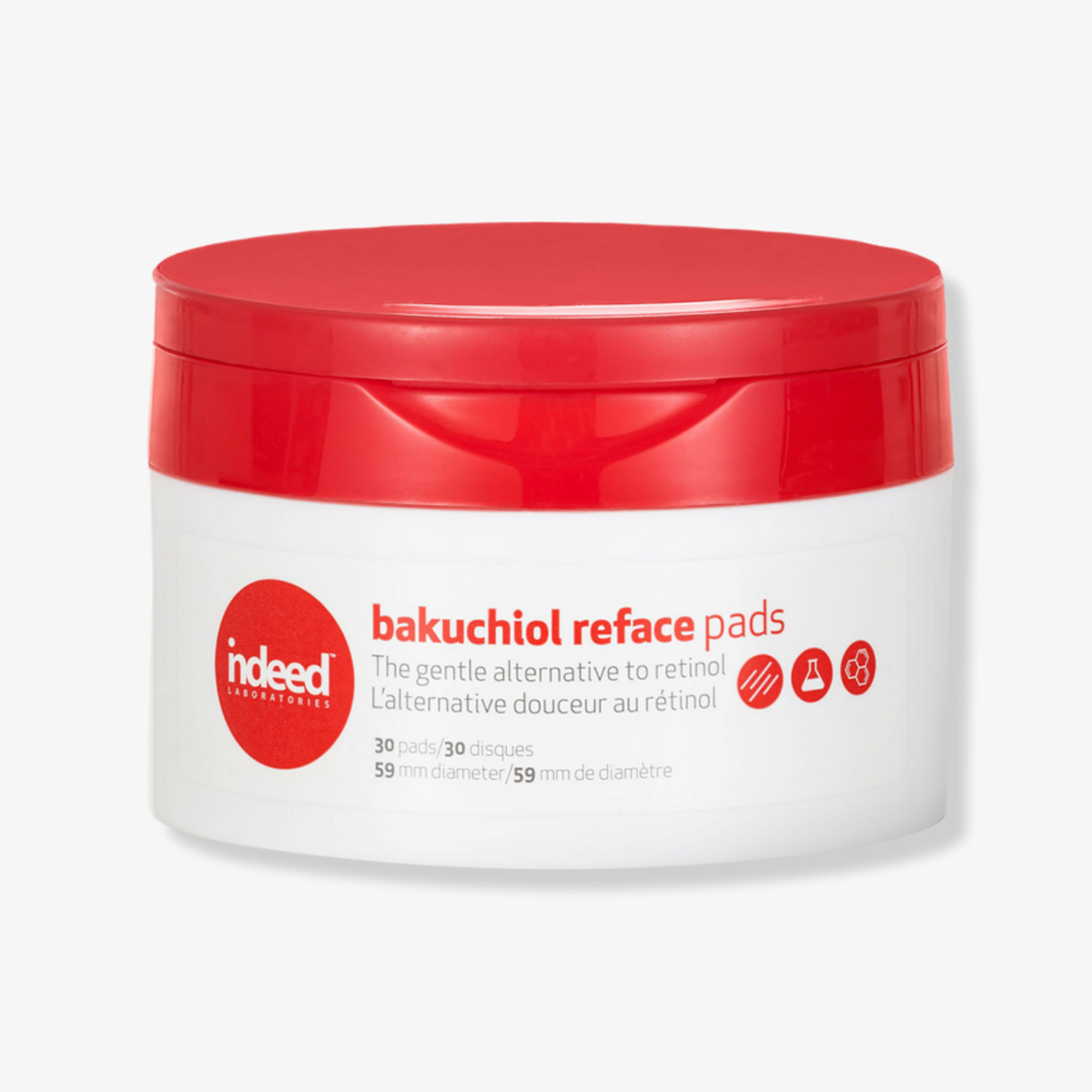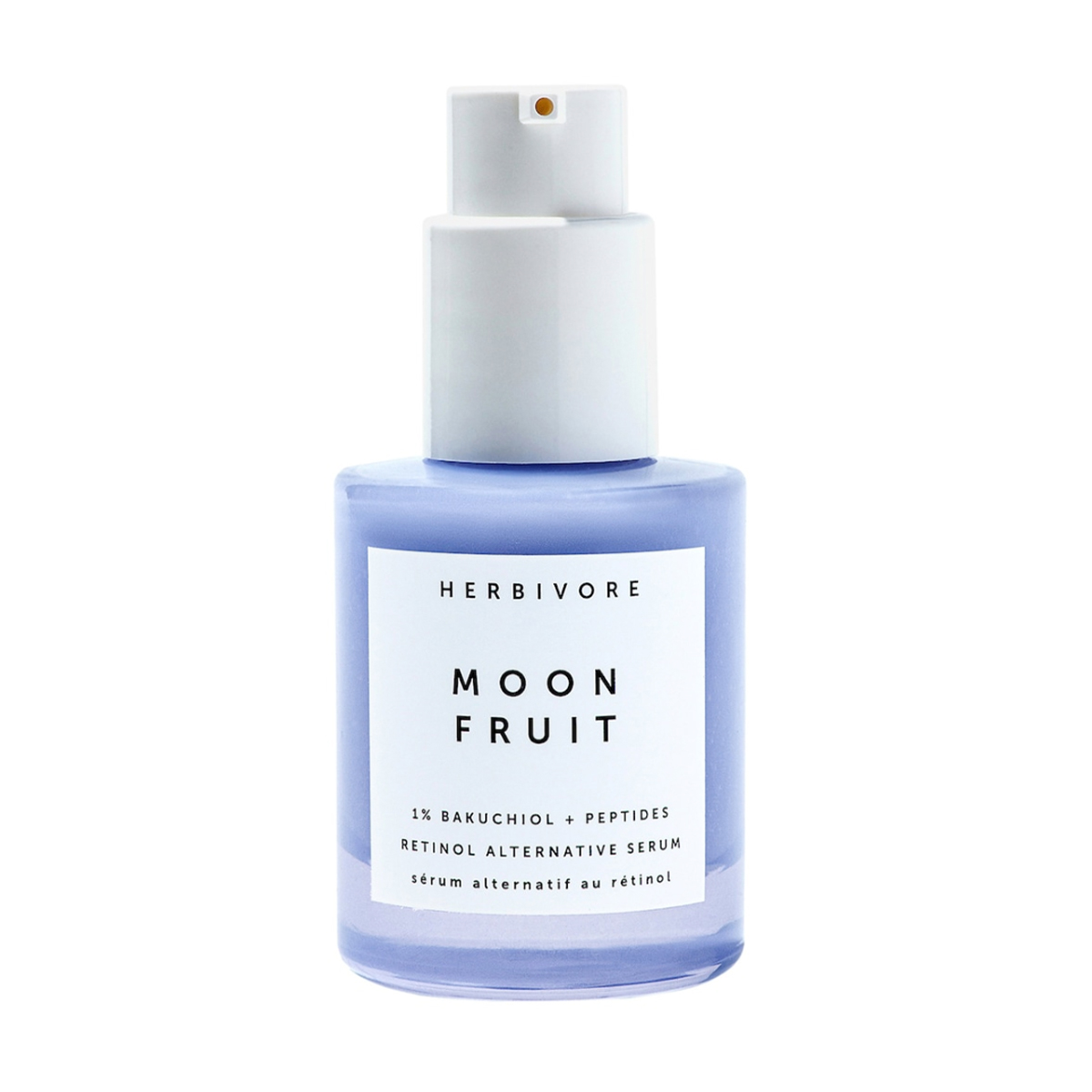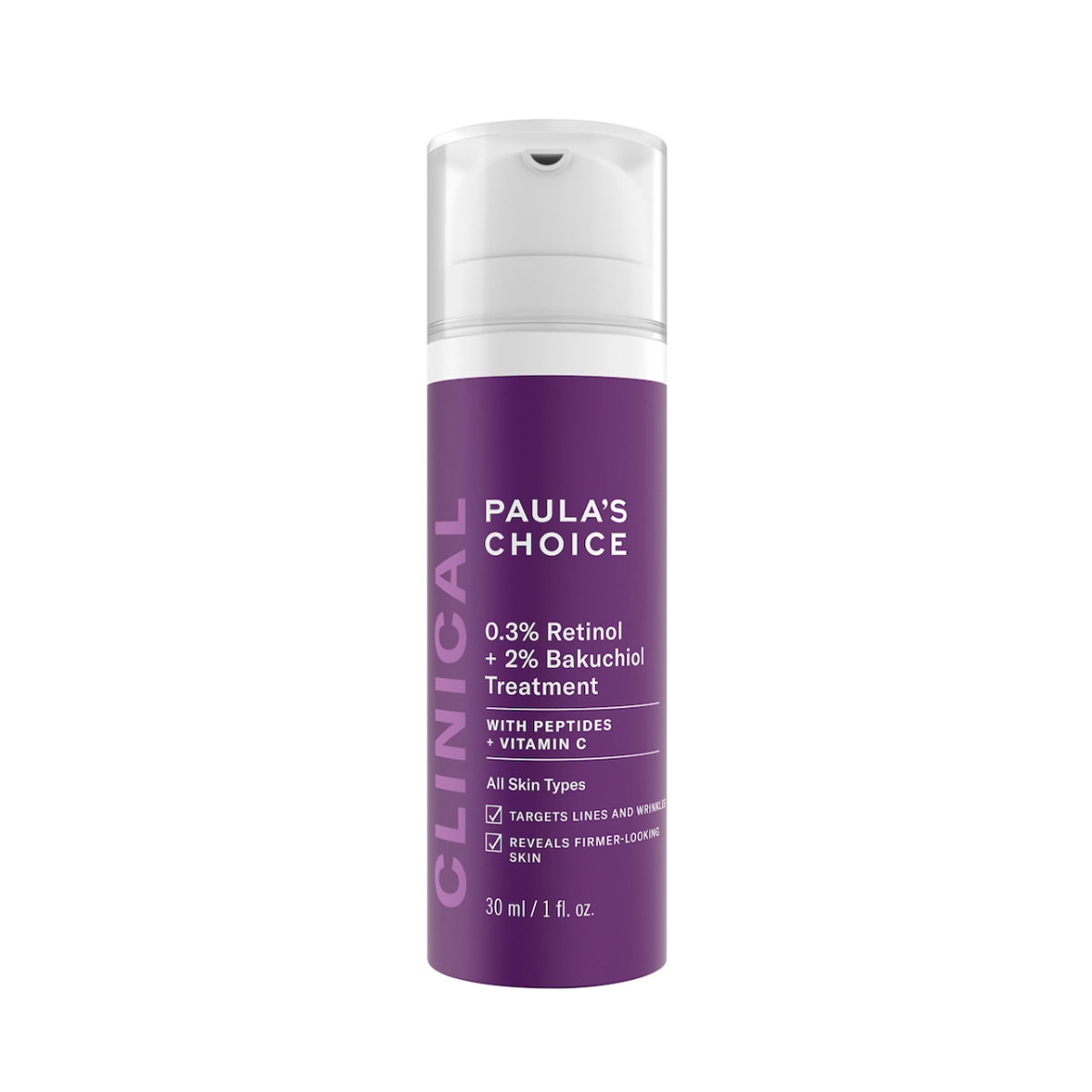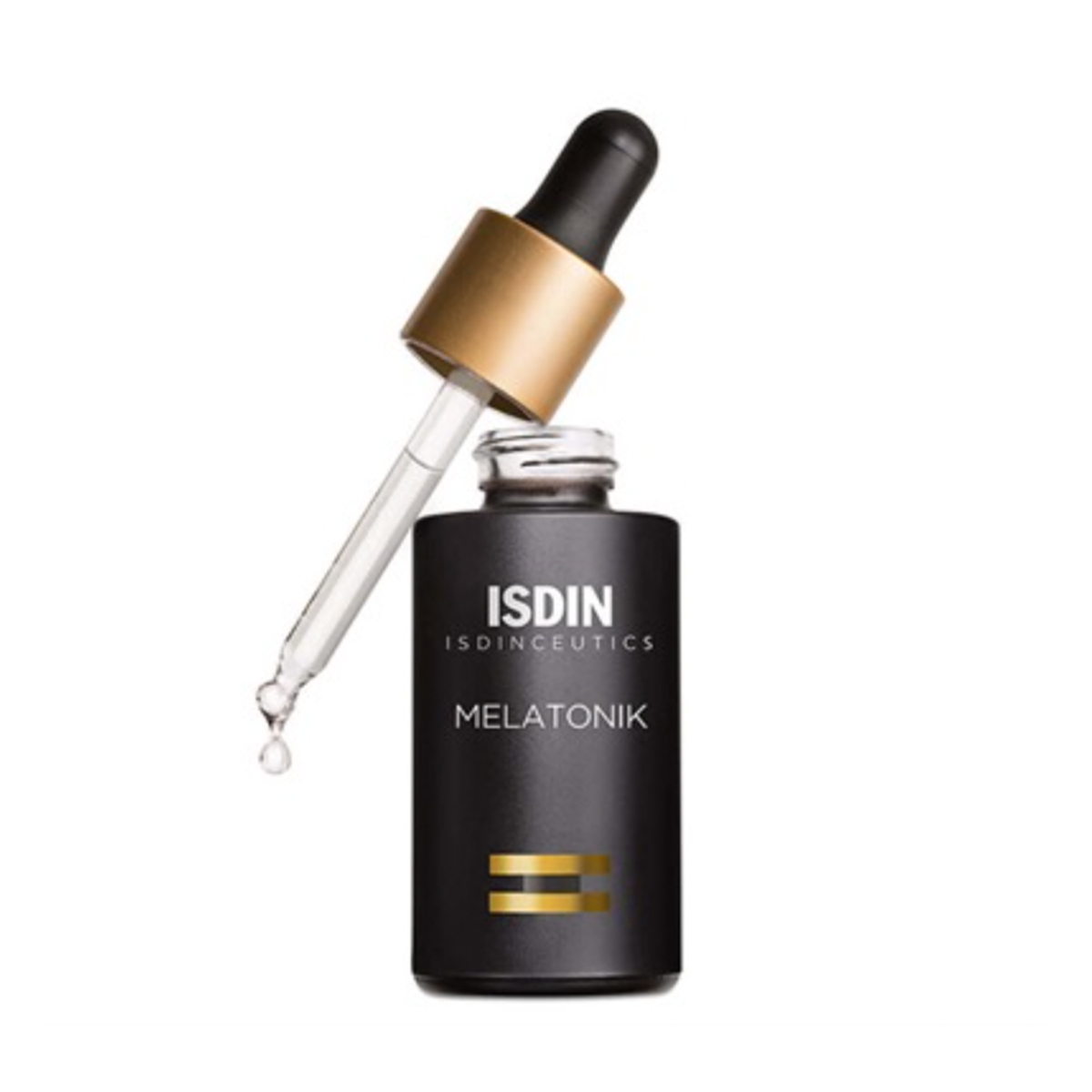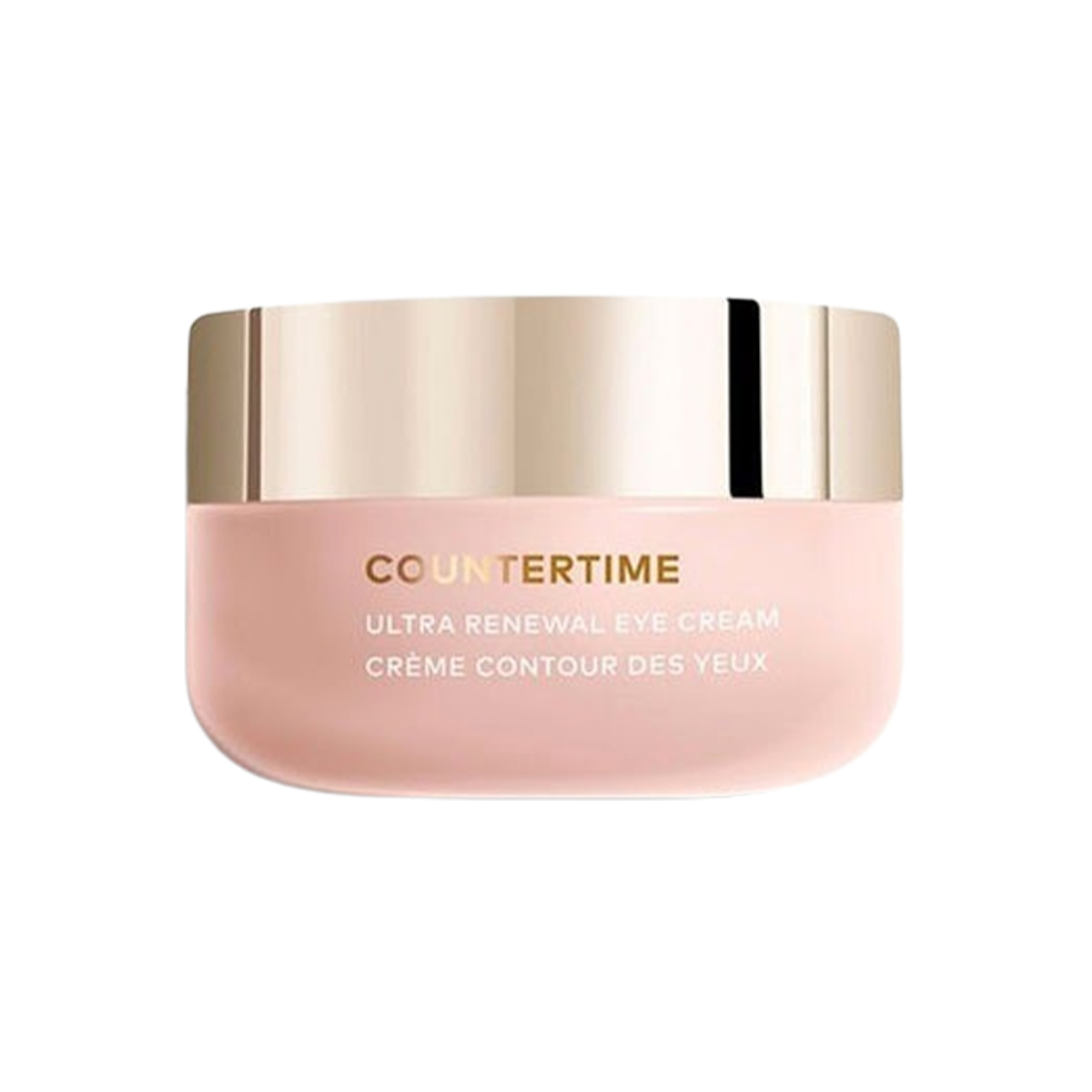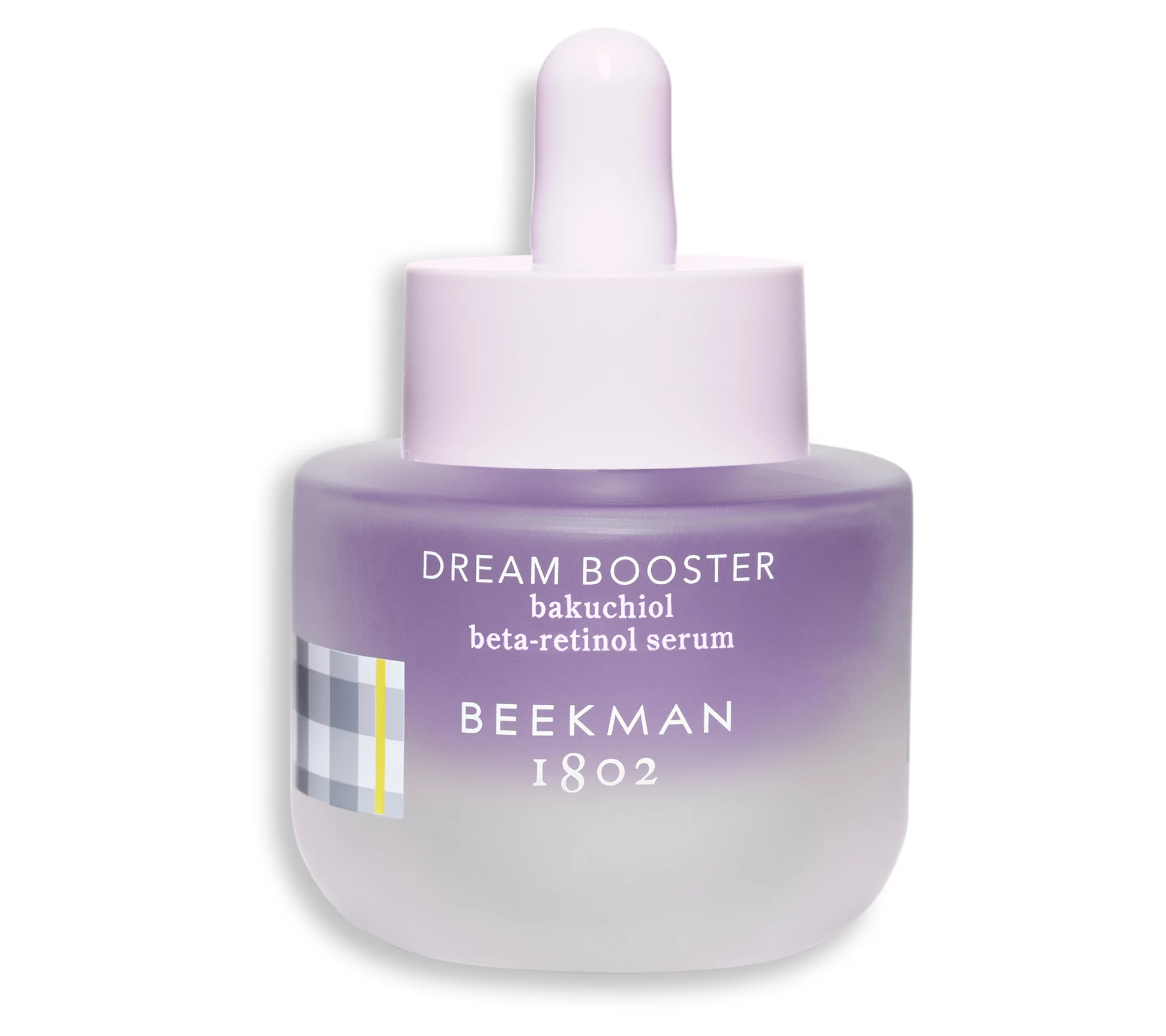FYI: Skin Pros Love This Natural, Fountain-of-Youth Alternative to Retinol

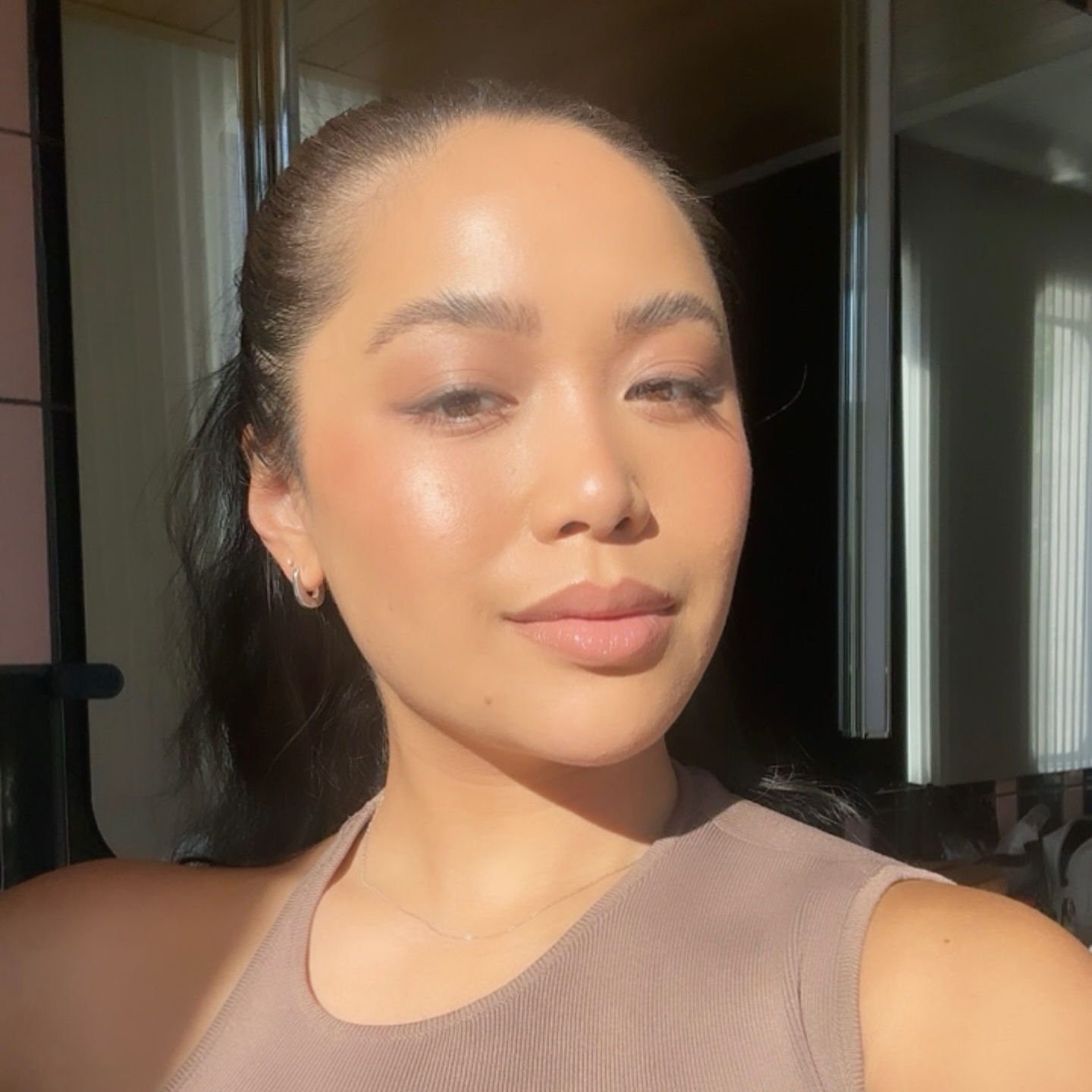
As someone who has sensitive, flush-prone, and flaky skin, I've ignored "good beauty editor" protocol for years and still have yet to incorporate retinol into my routine. Shocking, I know. That said, the benefits of the multipurpose ingredient aren't lost on me, and I'm constantly trying and testing less harsh products that can yield similar (if not quite as dramatic) results in the smoothing, brightening, and skin-evening departments. But bakuchiol—a completely natural, plant-based ingredient—is one MVP alternative I run into again and again.
Often touted as nature's very own non-irritating retinol, bakuchiol has become more and more popular within the skincare sphere, especially as it relates to anti-aging. While it has similar benefits to retinol, it's marketed as a more natural substitute and is significantly easier on the skin and far less likely to incite an inflammatory reaction. As we all know, however, buzz and marketing don't always ring true, so to learn more about bakuchiol and whether or not it's a worthy counterpart to retinol when it comes to cellular renewal and skin resurfacing, I went to the experts.
Keep scrolling for everything you ever wanted to know about bakuchiol, plus shop the best bakuchiol-containing products, according to skin professionals.
What Is Bakuchiol?
So bakuchiol has been likened to a natural alternative to retinol. But what is it exactly? "Bakuchiol is a vegan skincare ingredient with natural anti-aging properties found in the leaves and seeds of the Psoralea corylifolia plant, which is commonly used in Indian and Chinese traditional medicine," explains Brendan Camp, MD, FAAD.
"It has been shown to help boost collagen and diminish wrinkles, as well as combat hyperpigmentation and acne," adds Lauren Penzi, MD, FAAD. "It modulates retinoic acid receptor genes and upregulates collagen and extracellular matrix synthesis enzymes. It also targets pigmentation by blocking alpha-melanocyte, stimulating hormone activation and tyrosinase."
Bakuchiol vs. Retinol
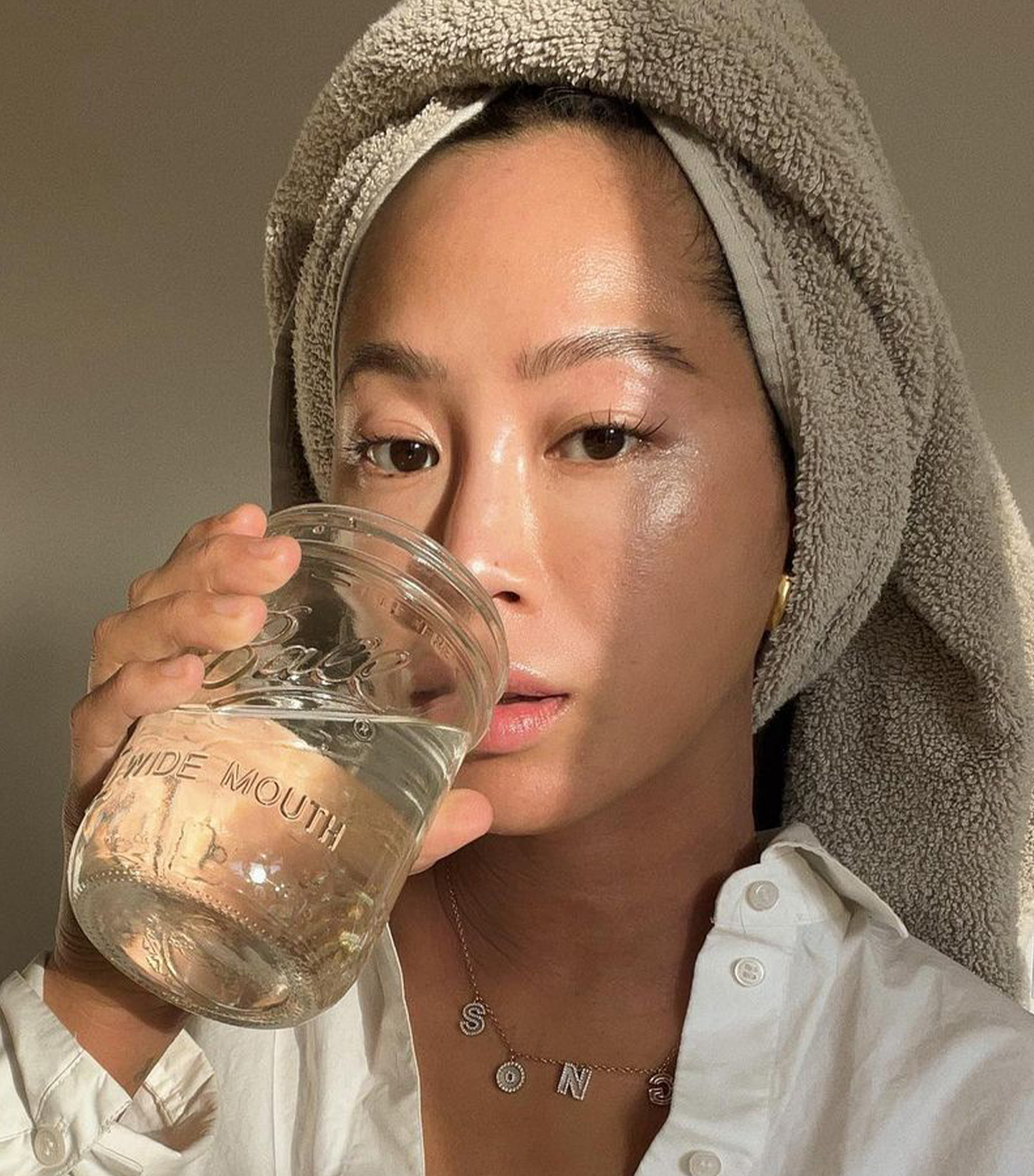
Before diving into this piece, one of my biggest questions about bakuchiol was whether or not it can actually serve as an adequate substitute for retinol—a negotiable ingredient within any anti-aging skincare routine, according to practically every skin pro I've ever talked to. The answer? Yes, but also no.
"Studies have shown that bakuchiol is nearly as effective as retinol in targeting fine lines and wrinkles, hyperpigmentation, and photodamage, so it certainly can replace retinol in your regular routine," Penzi confirms. What's more, she says that research has demonstrated bakuchiol's naturally anti-inflammatory and antibacterial effects, which make it suitable for targeting acne as well. On the other hand, an ultra-potent product like a prescription retinoid will yield faster, more dramatic results, so if you're someone with tolerant, non-sensitive skin who doesn't mind a non-natural product within your skincare routine, traditional retinol products might be your preferred MO for smooth, youthful-looking skin.
"I don't think you can ever necessarily replace one ingredient for another and expect the exact same results," points out Lara Devgan, MD, MPH, FACS. In fact, she prefers combining the two into one super-powered product.
"Retinol and bakuchiol have very similar functions, which is why they work great together in one product," Devgan explains. "Bakuchiol is much gentler, and it has great soothing and hydrating properties that can calm the harsh effects of retinol. I never want my customers to feel that they have to pick one or the other." One caveat, however, is that retinol should be avoided during pregnancy and nursing, so bakuchiol can be a strategic swap.
Benefits of Bakuchiol
While bakuchiol most definitely reaps noticeable benefits in the complexion department, consistency with a side of patience is key. (Experts said noticeable results may take anywhere from eight to 12 weeks.)
"Similar to retinol, bakuchiol promotes rapid cell turnover, reducing the appearance of fine lines, hyperpigmentation, and uneven skin texture," says Devgan. Plus, due to its anti-inflammatory properties, it can help alleviate acne as well.
Additionally, another positive benefit of bakuchiol is that it's much better tolerated than retinol, yielding less facial redness, scaling, and irritation. "People with sensitive skin are the best candidates for bakuchiol products due to their impressive tolerability," Penzi shares. "This includes people with eczema, skin allergies and sensitivities, and those who can't seem to get rid of the dreaded retinol/retinoid dermatitis. Pregnant women are also ideal candidates for bakuchiol use, as retinoids are not recommended for use during pregnancy. Though, you'll still want to consult your doctor before adding any new ingredients or products into your skincare routine, as data and studies are still emerging."
How to Incorporate Bakuchiol Into Your Skincare Routine
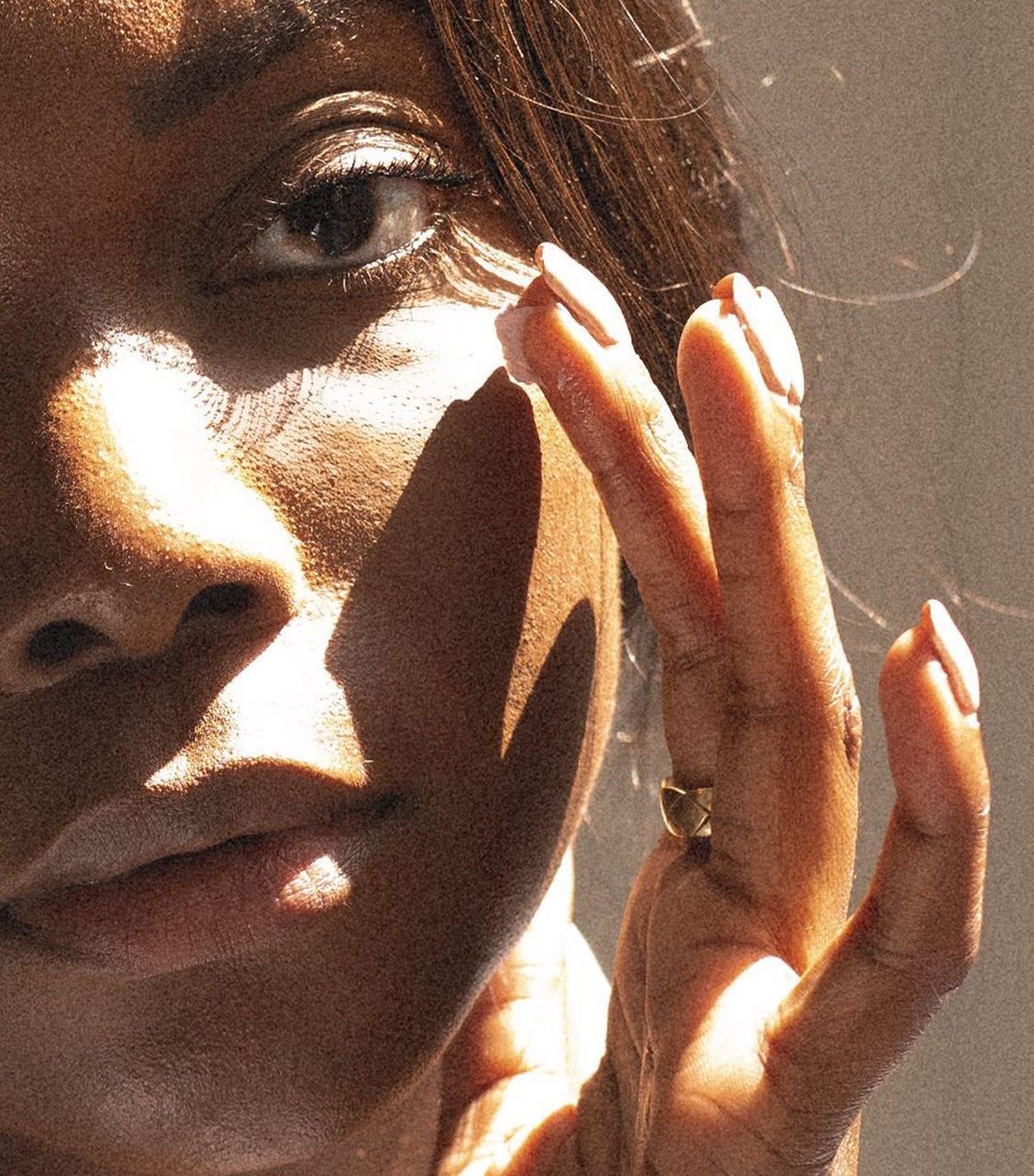
One of the (many) reasons experts love bakuchiol is that it's photostable, meaning it won't be broken down by the sun's UV rays—therefore, you can use it day or night. "Serums, creams, and pads are all great options for bakuchiol products, as none have been shown to be superior in terms of efficacy," Penzi clarifies. "Choose the product that is best suited for your skin type." If you're dry, for example, a moisturizing cream-based product would be fab while serums deliver key ingredients to the skin in a way that enhances penetration and can be strategic if dryness isn't a top concern.
Does Bakuchiol Have Any Side Effects?
Currently, there isn't any research to suggest that bakuchiol has any major side effects, which is another reason it can be a great alternative to retinol. Because it's plant-based and not a retinoid, it's also considered more pregnancy-safe than traditional retinoids. However, if you have sensitive skin, it's still important to proceed with caution when trying any new ingredient. If you're concerned about any allergies or sensitivities, always do a patch test beforehand to make sure this ingredient is right for you.
The Best Bakuchiol Skincare Products to Try
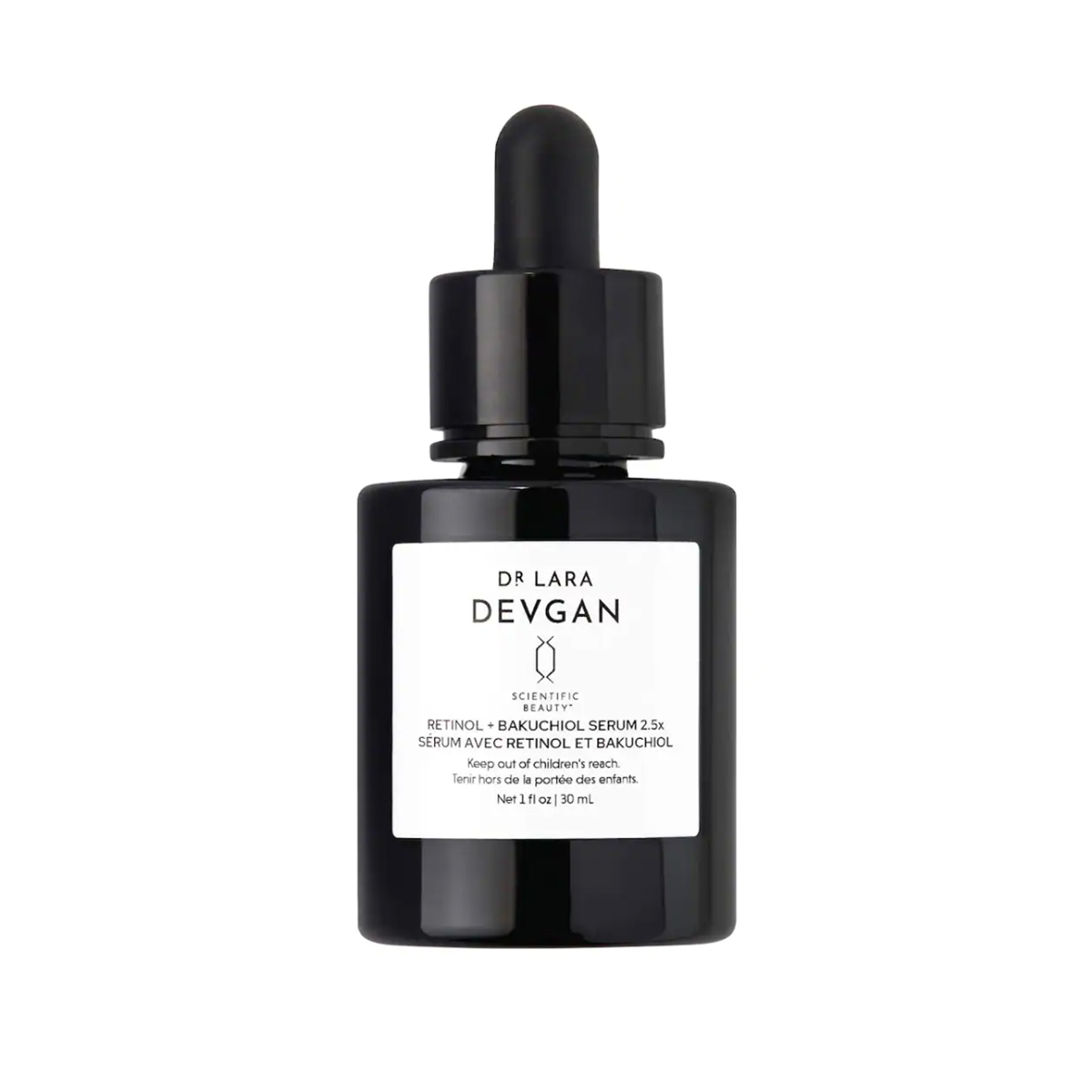
"Our Retinol+Bakuchiol Serum comes in three strengths: the 2.5x, 5x, and 10x. The 2.5x is great for those with sensitive skin types or for those that have never used a retinol or bakuchiol-based product before. The 5x is for those that are looking for something a little stronger, and the 10x can be used as a micro peel for seven to 10 days at a time." — Devgan
This article was originally published at an earlier date and has since been updated.
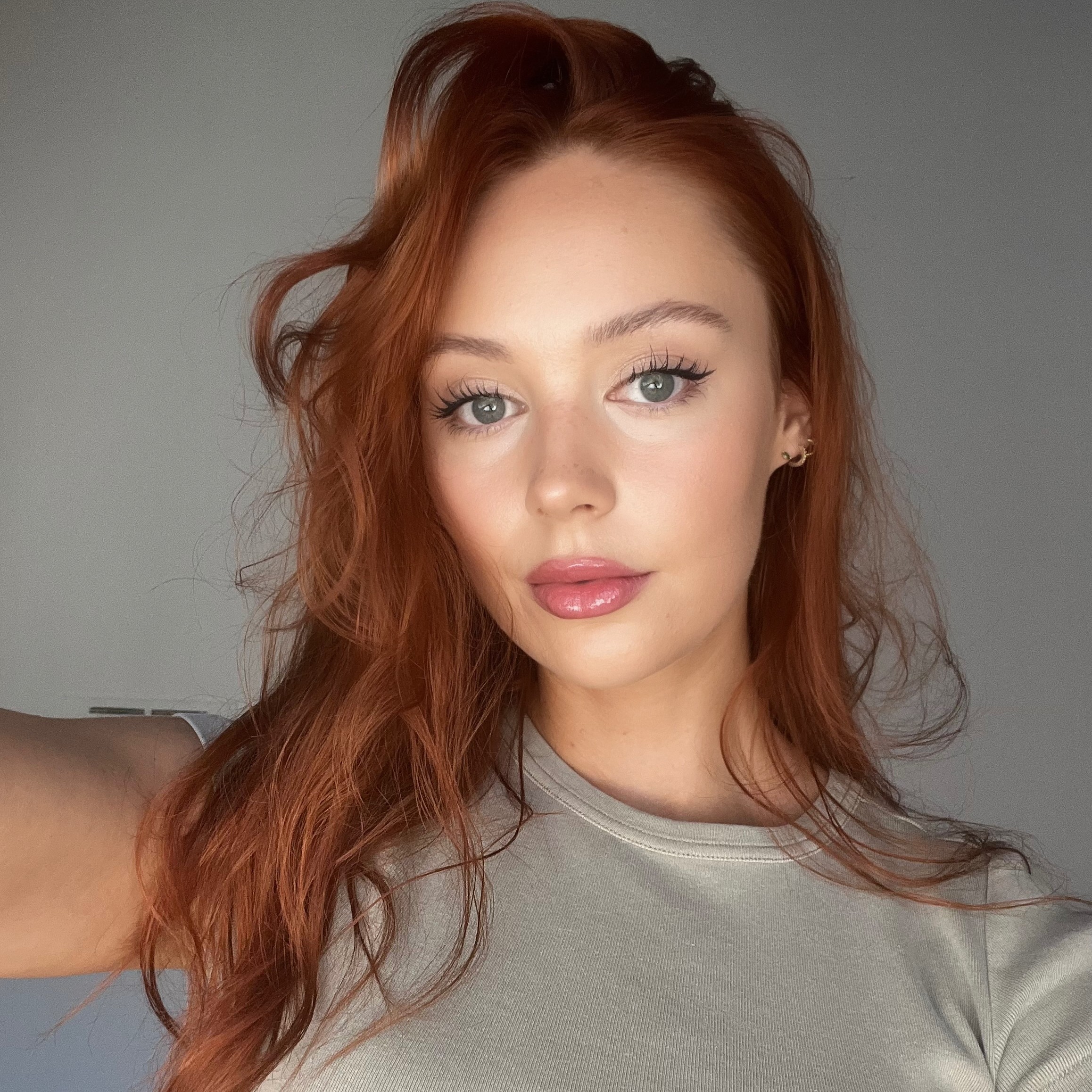
Erin has been writing a mix of beauty and wellness content forBest Knockoff Luxury Clothing for over five years. Prior to that, she spent two and half years writing for Byrdie. She now calls Santa Monica home but grew up in Minnetonka, Minnesota, and studied writing, rhetoric, and communication at University of Wisconsin, La Crosse. She studied abroad in Galway, Ireland, and spent a summer in L.A. interning with the Byrdie andBest Knockoff Luxury Clothing family. After graduating from UW, she spent one year in San Francisco, where she worked as a writer for Pottery Barn Kids and PBteen before moving down to L.A. to begin her career as a beauty editor.
